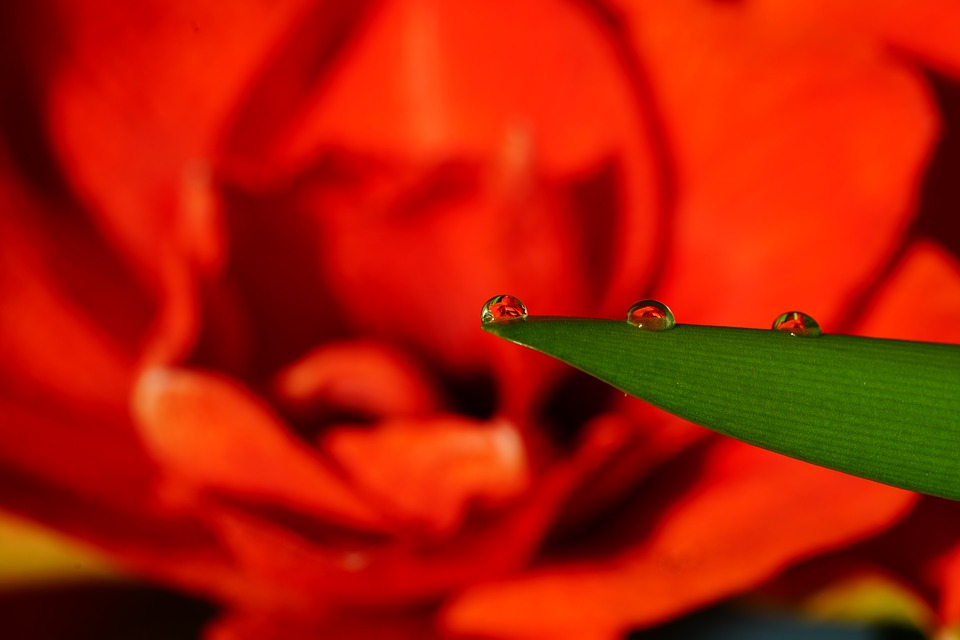
The days after my mother’s cremation are dry, as if the whole world has been scorched. My body shrivels; eczema returning, making my skin flake and irritate, sore as sunburn. When my fingers pull through my hair, it fizzes with static and breaks. However many cups of tea I drink, my thirst is not quenched, my mouth remains ashy. Food tastes like cardboard so I don’t eat and my bones are angles and ridges, reminding me of carcasses in deserts.
I cough and choke when I enter her house to clear it. Everything is cobwebs and dust, the air desiccates around me. I ignore the unfinished jigsaw puzzle on her card table. We used to love completing them together, mother and daughter, working in quiet companionship. Such a simple activity, but one which brought us joy. Now the scattered shards of puzzle look abandoned.
I start in the bedroom; bagging up cast off clothing, then filling boxes with books. Bedding crackles as I shove sheets into black sacks. In the kitchen crockery and cutlery glint and make jangling echoes through the empty house.
When I sit at her desk, the top creaks as it opens, the hinges unoiled. Her documents and letters are parched and crack as I sort through them, the ink dried in the fountain pen. Postcards I’ve sent her break when touched. Their foreign stamps flip and fall away like dead leaves.
I finish in the lounge. Clouds of dust rise up when I move her things. I pull the curtains across, trying to block the frazzle of sunshine. But it still twists in, lighting up the motes in the air so I half hope that they will coalesce into a vision of her.
Eventually I come to the cabinet where she kept the jigsaw puzzles. She saved them all. My first; five pieces of wood which formed a donkey. Then more complicated ones. The clock face which had moving hands to add on when completed, from which I learnt to tell the time. Maps of Britain and then the World, so each day was a trip of discovery in our own front room.
Later, I would give her a puzzle at every birthday; her favourites birds or butterflies or flowers. I remember how she examined each piece, even when her eyesight was poor, her fingers sensing the outline, weighing it up and then placing it in the correct position. She’d say, “I love how all these little bits which mean nothing on their own; fit together to make something whole, something beautiful.”
The abandoned jigsaw is a circular one, which when finished will depict a single rose in full bloom. I put in one bit and then continue, my fingers easing as the puzzle grows. As I place the last piece in the central spot, a tear drop of water falls onto the perfect petals. Then more follow, like a summer shower. The drought is over.